From Nuts to Beans - 15 Selenium Rich Foods You Need to Try Now!
Get your daily dose of selenium with these delicious and nutritious foods! Enjoy a diet rich in selenium and your body will thank you!
It's no secret that selenium is an essential trace mineral required for healthy living. Found in the soil, and also therefore present in many foods, like nuts, fish, and legumes, it aids the body in a number of its cellular processes and ensures that we are keeping in optimal health.
This essential trace mineral plays a vital role in the human body. It helps form enzymes and proteins that are responsible for repairing DNA, preventing damage to cells, plays a role in thyroid hormone production, and regulation, and helps to regulate metabolic processes.
Selenium also helps improve immune system function and reduces inflammation. Studies have found that adequate selenium intake improves fertility, neurological health, cognitive ability, digestion, and overall well-being. Clearly, this is one powerful mineral that is vital for health and wellness. To ensure you maintain proper levels of this nutrient, it’s important to consume adequate amounts of selenium-rich foods.
It is recommended that adults get at least 55 micrograms (mcg) of selenium per day to maintain optimal health. While the exact amount needed can vary depending on age, sex, and other factors, this guideline provides an adequate intake for most people. The tolerable upper intake limit is 400 mcg per day.
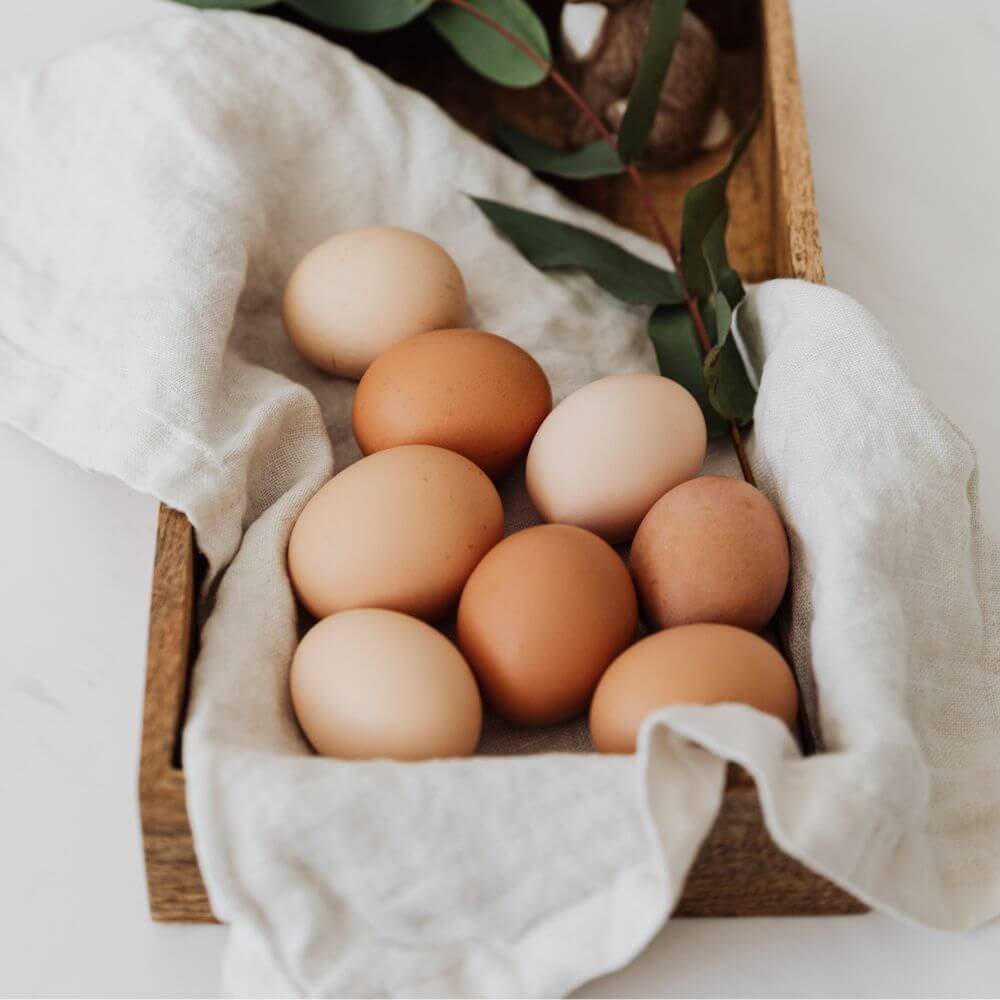
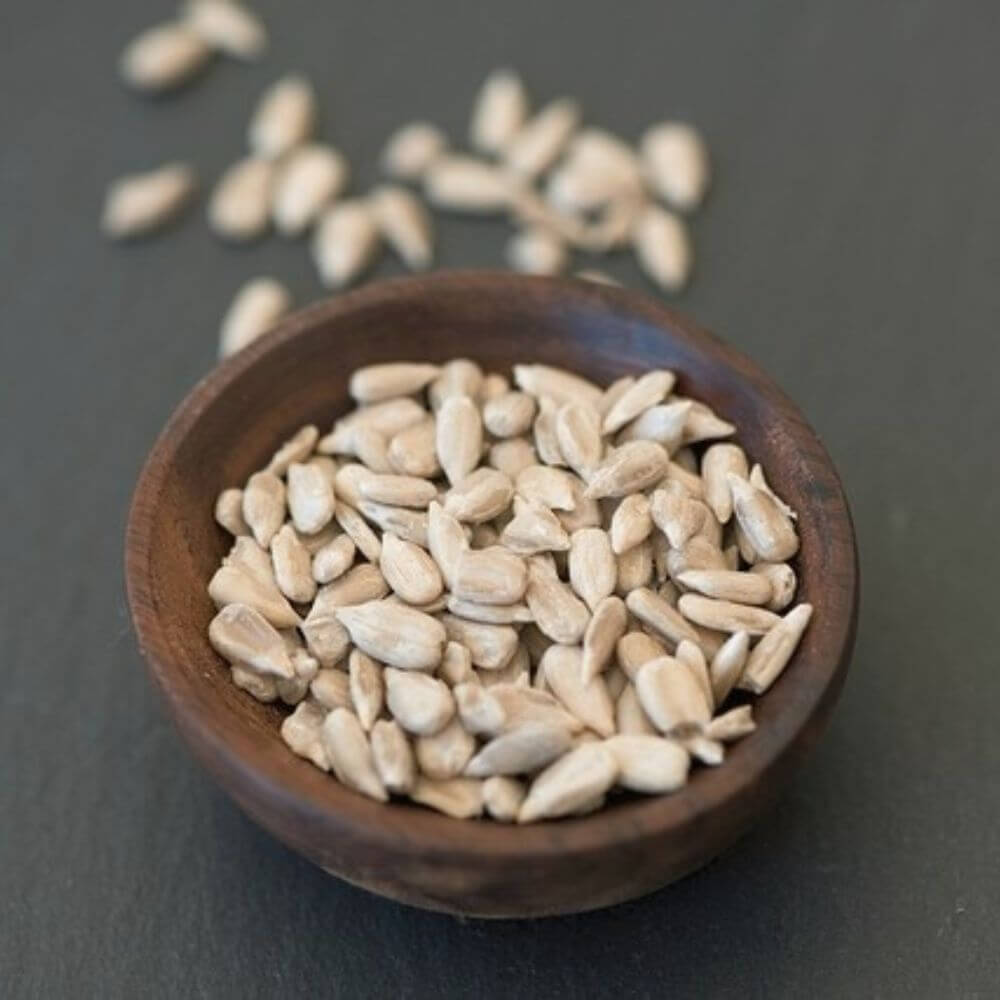
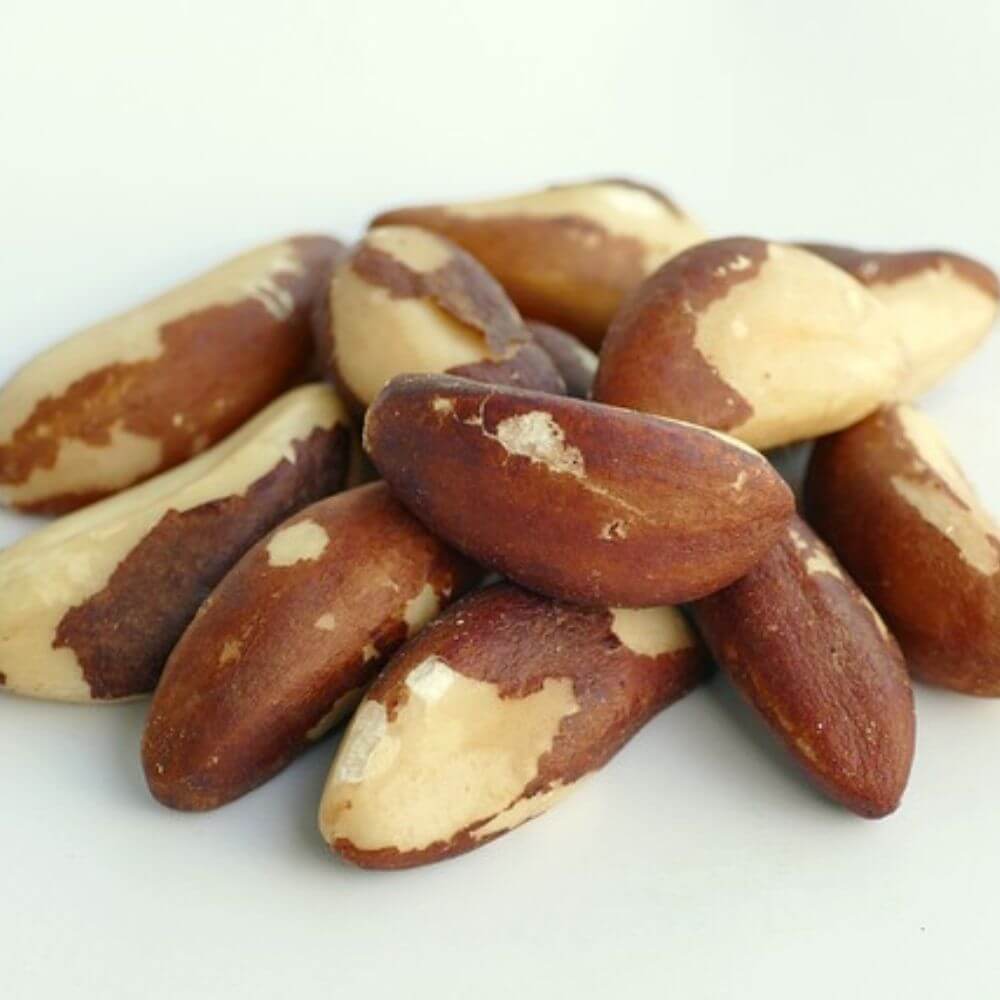
Recommended Intake Per Age Group
Infants - 0-6 months need 15 mcg, infants 7-12 months need 20 mcg, and children 1-3 years old need 20 mcg.
Children - 4-8 years old need 30 mcg, while those 9-13 years old should have 40 mcg of selenium per day.
Adults - aged 14 and over, the recommendation is 55 mcg per day.
Pregnant women should increase their intake slightly to 60 micrograms per day to provide enough selenium for both them and the developing fetus. And a woman who is breastfeeding should consume 70 mcg.
Luckily, food sources are abundant and provide many of these health benefits. Here’s a list of some of the Top 15 Selenium-Rich Foods. Selenium supplements are also readily available for those who wish to ensure they are getting enough of this important mineral.

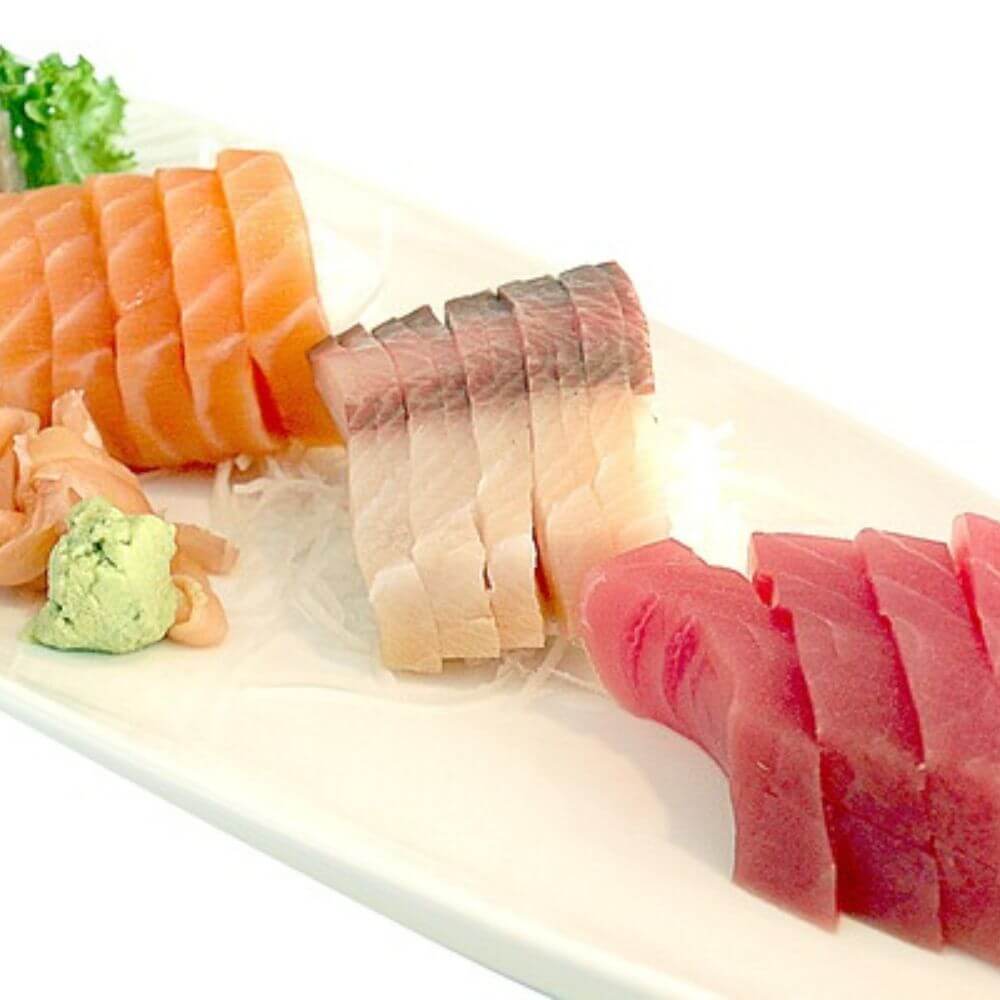
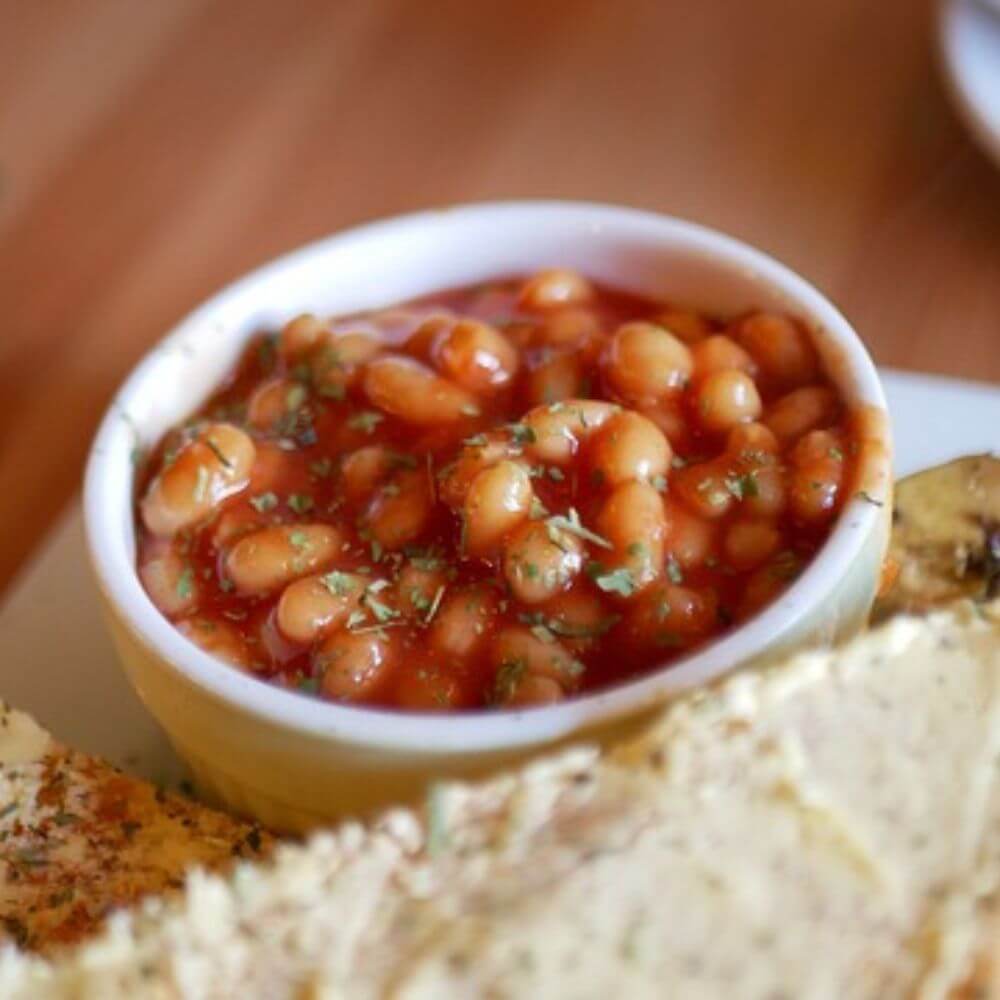
Selenium Rich Foods
1. Nuts
Almonds, walnuts, cashews, and brazil nuts are all rich in selenium. Just one ounce of almonds provides 8.7 mcg, while a single ounce of walnuts contains 5.2 mcg. A single ounce of cashews packs 7.9 mcg of selenium and an ounce of brazil nuts is the selenium superstar, offering the highest amount at a whopping 544 mcg per one-ounce serving. Brazil nuts contain over 190% of your daily recommended value of selenium.
The selenium concentration of Brazil nuts and all other foods is unpredictable though and can differ significantly. Its content is determined by the region where the tree grew, the soil's acidity, as well as from nut to nut within a single harvest or even between trees.
2. Fish
Fish can be a great source of selenium, with some types of fish containing up to 65 mcg per 3-ounce serving. Tuna, salmon sardines, and herring are good sources of this essential mineral for those who eat seafood. An average 3-ounce serving of tuna can provide between 50-60 mcg of selenium depending on the type, while 3 ounces of cooked salmon contain about 47-60 mcg and three ounces of sardines will give you 16 mcg per serving. Herring offers the most with 45-50 mcg in a single three-ounce serving.
3. Eggs
Eggs are a great source of selenium, an important mineral for health. The amount of selenium in an egg can vary depending on the selenium content of the soil and feed of the chicken that laid the egg. However, in general, one large egg typically contains about 15-25 micrograms of selenium.
4. Beef Liver
Beef liver is an excellent source of selenium. It provides 40-70 mcg per 3-ounce serving, making it an ideal choice for those looking to ensure they get enough of this important mineral. Not only is beef liver rich in selenium, but it is also a good source of protein, vitamin A, and iron.
5. Whole Grains
Whole grains, such as wheat germ, are a great source of selenium. One ounce of wheat germ provides up to 45 mcg of selenium – an essential mineral for healthy brain, heart, and immune system functions. Adding whole-grain foods to your daily diet can help ensure that you get the recommended intake of selenium.
One Cup Of Each Of The Following Contain:
- Brown rice: 19-20 micrograms
- Oatmeal: 20-25 micrograms
- Whole wheat bread: 20-30 micrograms
- Oats: 20-25 micrograms
- Quinoa: 15-20 micrograms
- Barley: 15-20 micrograms
6. Legumes
Legumes, such as chickpeas and lentils, are an excellent source of selenium. Chickpeas offer 9 mcg of selenium per 100 grams while lentils provide 5 mcg per 100 grams. Eating legumes is an easy way to increase your dietary selenium intake.
7. Mushrooms
Selenium can be found in various types of mushrooms. Depending on the species of mushroom, the selenium content can range from 0 to 56 mcg per 100 grams with white mushrooms typically containing 7 mcg. Selenium is important for many bodily functions such as DNA production and the functioning of enzymes, so it’s important to get enough in your diet.
8. Spinach
Spinach is a great source of selenium, providing 3 mcg per every 100 grams. Selenium is an important mineral for health and is especially beneficial for its antioxidant properties which help to reduce inflammation in the body. Spinach is an easy way to get enough selenium in your diet and can be added to salads or used as a side dish. It's also packed with other nutrients such as vitamins A, K, and folate, making it one of the most nutrient-dense vegetables around.
9. Sunflower Seeds
Sunflower seeds are a great source of selenium, an important trace mineral. 100 grams of sunflower seeds contain an impressive 37 mcg of selenium, making them one of the best snack sources you can find, so make sure to include some sunflower seeds in your diet for a healthy dose!
10. Meat
Ham, turkey, and chicken are all good sources of selenium. A 3 oz serving of each provides approximately 25-35 mcg of selenium. Selenium found in these meats is important for maintaining proper thyroid health as well as supporting the immune system. For those who consume meat regularly, adding these to the diet is an easy way to ensure adequate intake of selenium. However, it is important to consume meat in moderation as part of a balanced diet, as it can be high in calories and saturated fat.
11. Avocado
Did you know that avocados are one of the best sources of selenium? Just a one-ounce serving of avocado provides 2-6 mcg of this essential mineral, making it an ideal choice for those looking to increase their dietary intake. Selenium is important for proper metabolic function and may help reduce inflammation in the body, so don't forget to add some avocado to your meals!
12. Broccoli
Broccoli is a good source of selenium, with about 20-35 mcg of this mineral in a 1-cup serving of cooked broccoli. Broccoli is also a good source of fiber, vitamins C and K, and a range of other nutrients. It can be enjoyed cooked or raw and can be added to a variety of dishes, such as stir-fries, soups, and salads, to boost their nutritional content.
13. Cottage Cheese
Cottage cheese is a good source of selenium, with about 15-20 mcg in a 1-cup serving. Cottage cheese is also a good source of high-quality protein, calcium, and a range of other nutrients. Adding it to dishes like smoothies and baked goods are both excellent ways to increase the nutritional content of your meal.
14. Yogurt
The selenium content of yogurt can vary depending on the specific brand and type of yogurt you are consuming. In general, yogurt is a good source of selenium, with about 15-30 mcg in a 1-cup serving. Yogurt is also a good source of high-quality protein, calcium, and a range of other nutrients. It can be enjoyed as a snack or added to a variety of dishes, such as smoothies and baked goods, to get your daily dose.
15. Beans
The selenium content of beans can vary depending on the specific type of bean and where it was grown. In general, beans are a good source of selenium, with about 15-30 mcg in a 1-cup serving of cooked beans. Beans are also a good source of high-quality protein, fiber, and a range of other nutrients. They can be enjoyed as a side dish or added to a variety of dishes, such as soups, stews, and salads.
Final Thoughts
By consuming these selenium-rich foods regularly, you can help ensure that your body has the trace mineral it needs for optimal health. Nuts and seeds are a great snack option for those looking to add more of this essential nutrient into their diet but go easy on the Brazil nuts as you can consume too much very easily. Similarly, incorporating some tuna or salmon into meals throughout the week can also boost your selenium intake.
Eating selenium-rich foods is a simple way to ensure that you are getting all the essential minerals, vitamins, and nutrients that you need to support overall health and well-being, so mix it up and try all of these delicious foods to reap their benefits and introduce new flavors and textures to your diet for more nutritious and enjoyable meals!
You Might Also Enjoy Reading This!
The Best Selenium Supplement - Do You Need A Top Up Of This Trace Mineral?
Disclaimer
Each of these products has been very carefully reviewed and selected by us at WellnessWishlist. All opinions in this article are our own, and we're proud to share them with you, however, all content is meant only to be informative and should not be taken as medical advice, nor used to diagnose, treat, and or prevent any health conditions. As Amazon associates we may collect compensation from the affiliate links on this page, through qualifying purchases (that's how we stay in business). We truly hope you enjoy finding the next addition to your WellnessWishlist!

